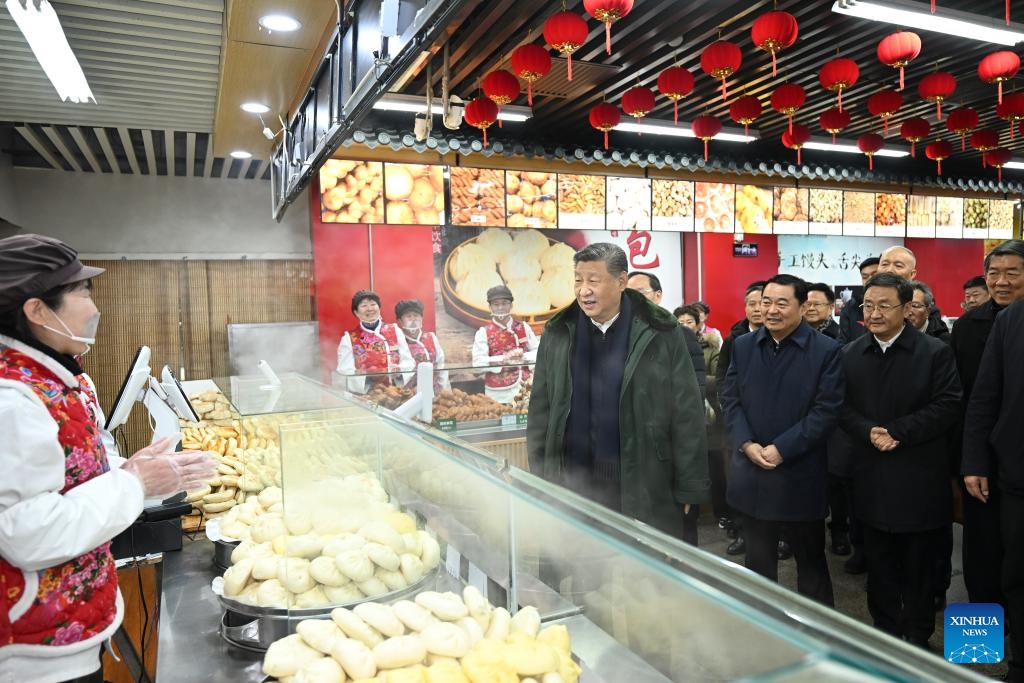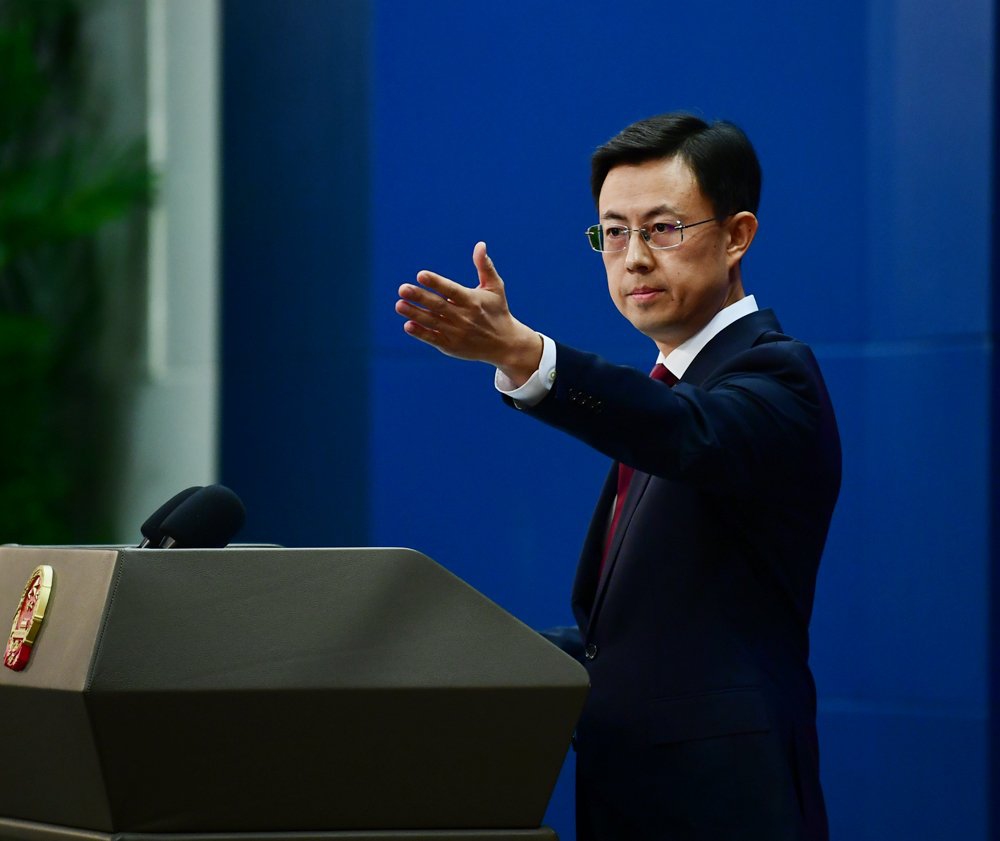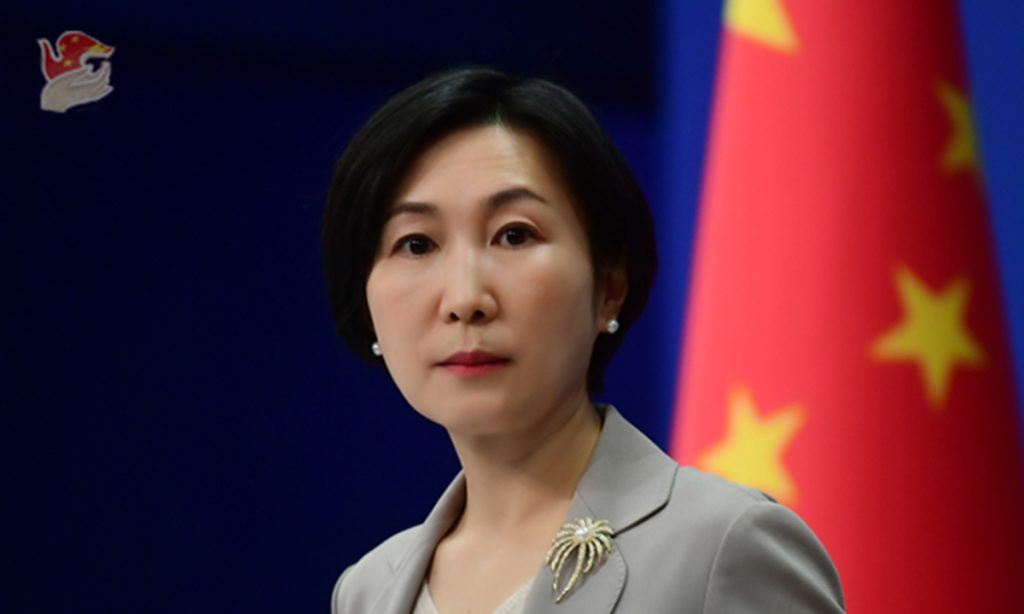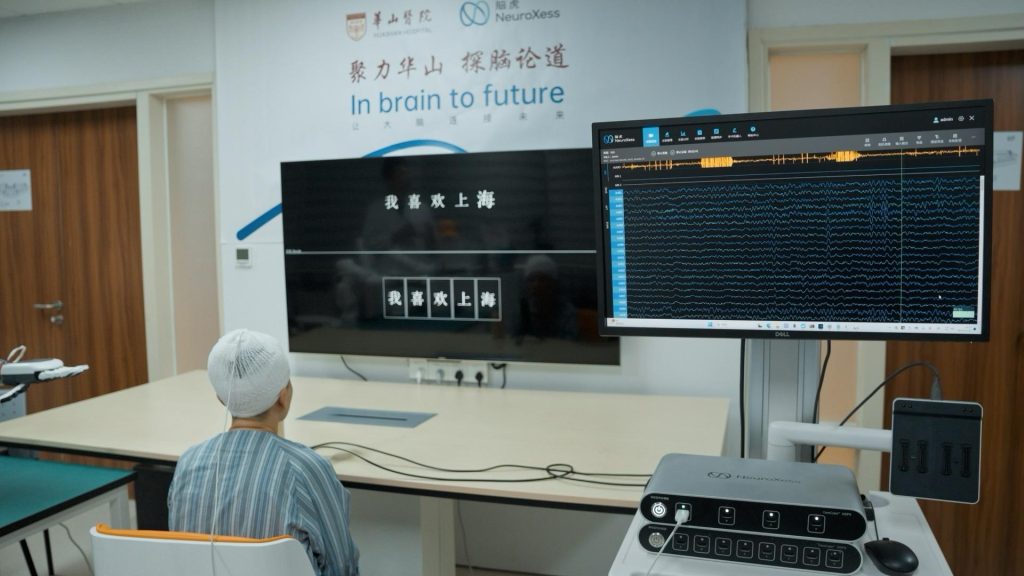Xi's pre-Spring Festival visits to the grassroots reflect 'people-first' philosophy

As the Year of the Snake draws near, Xi Jinping, general secretary of the Communist Party of China (CPC) Central Committee, on Thursday inspected Shenyang, capital city of Northeast China's Liaoning Province. Xi made the trip to the city shortly before the Spring Festival, the most important festival for the Chinese people, which falls on January 29 this year.
Xi visited a food market and a residential community in Shenyang, where he learned about the supply of goods during the holiday season and measures in place to meet residents' daily needs and optimize public services, as well as details of progress made in improving people's life.
Xi also made a trip on Wednesday to the village of Zhujiagou, under the administration of Suizhong county, Huludao city in Liaoning Province to visit people affected by floods, the Xinhua News Agency reported.
Since assuming the Party's top post in November 2012, Xi has made it a tradition to spend time with members of the public ahead of the Spring Festival, especially those in disadvantaged groups, extending festive greetings to them. The tradition started in 2013, when Xi went to villages located in a hostile natural environment in Northwest China's Gansu Province, asking villagers whether they had enough food, sufficient subsistence allowances, and access to medical and educational resources.
Impoverished farmers, frontline workers, elderly people living alone, orphaned and disabled children - countless grassroots workers and ordinary citizens have always been the people Xi cares about the most.
"To secure a better life for our people is the original aspiration and purpose of the Chinese Communists," Xi, who is also the Chinese president and chairman of the Central Military Commission, once said during his trip to Sichuan in 2018. This spirit has remained an unchanging principle in Xi's pre-festival inspections, and vividly embodies the "people-first" governing philosophy.
Care for the people
In 2015, Xi met with old acquaintances from Liangjiahe Village, Northwest China's Shaanxi Province, where he had spent seven years as an adolescent and young adult. "I will never forget the villagers here and the people in the old revolutionary base," Xi said.
In 2018, after venturing deep into the mountains of Liangshan Yi Autonomous Prefecture in Sichuan Province, Xi said: "Not a single ethnic group or family should be left behind in building a moderately prosperous society in all respects."
In 2024, Xi visited primary-level officials and residents in Tianjin ahead of the Spring Festival. He also talked with shop owners and employees at an ancient culture street during his inspection tour in the municipality.
"I care particularly about grassroots officials and the people as we ring in the lunar new year," Xi once said.
Over the years, he had interacted with people including frontline workers, and the elderly and children at welfare homes, leaving many heartwarming moments.
Over the years, Xi has extended sincere wishes for a better life and a brighter future to people across China during each pre-festival visit.
With these wishes, the entire Party and the Chinese people have been brought together to forge ahead toward building China into a strong country and realizing national rejuvenation.
Rural revitalization
From old revolutionary bases to remote mountainous areas, these places mark China's path from the campaign of combating impoverishment to the pursuit of rural revitalization.
In January 2017, Xi went to the snow-covered grasslands of northern China. Zhangbei in North China's Hebei Province - just 200 kilometers north of Beijing - was classed as a deprived county in 2013, with one-eighth of its population still living on less than $1 a day by October 2016.
Ye Runbing, the Party secretary of Desheng village in Zhangbei county, still vividly remembers President Xi's visit there in 2017. Xi stressed the importance of making sure every poor family had a program for increasing income and every poor person had a way of casting off poverty.
Ye told the Global Times he felt greatly inspired.
Some eight years later, Zhangbei is completely different. The village has integrated land resources, natural resources and market resources.
Potatoes are a specialty of Desheng village. But the smallholder model of the past could not guarantee stable yields. In recent years, Desheng village has actively developed a collective economy, investing in greenhouses for potato seed breeding, scaling up this industry and helping villagers increase their income.
Adhering to the concept of sustainable development, Desheng village takes advantage of Zhangbei grassland's high latitude and long sunlight hours, developing a photovoltaic industry that can provide a stable long-term income, and exploring a profitable homestay tourism industry.
The new year is important to build Desheng into a beautiful and prosperous village. Ye hopes to attract more professionals in agricultural technology and tourism management to his hometown, in hope that they can settle down and further promote its all-round revitalization.
Inheritance and innovation
During past visits, Xi has brought gifts of festive goods, joined local people making festive foods, and practiced Spring Festival customs.
In 2020, Xi went to the home of farmer Li Fashun in Simola Wa Village, Yunnan Province, where he learned about the family's daily life, and was invited to join the family in making rice cakes. He also beat a wooden drum of the Wa ethnic group three times, a local ritual activity to bless the coming year.
During his inspection trip to Southwest China's Guizhou Province in 2021, Xi visited Huawu village, which successfully eliminated poverty through crop planting and animal husbandry as well as tourism. He was invited to the home of Zhao Yuxue, a Miao villager, and made a traditional festival food "Huangba" with Zhao's family. He also visited a Miao embroidery workshop, urging efforts to promote ethnic and traditional cultures.
In 2022, Xi visited Shanxi Province before the Spring Festival. Touring Pingyao, one of the best-preserved ancient walled cities in China and a UNESCO world heritage site, Xi called for more efforts to conserve the country's cultural heritage and protect "the valuable treasure left to us by our ancestors."
Wang Huiming, who runs a lacquer wares store in the ancient city, recounted that President Xi demanded cultural treasures such as the traditional lacquering skill be better protected.
"We should promote traditional cultural industries with distinctive Chinese features to the rest of the world," said Xi, as reported by Xinhua.
Wang, an inheritor of intangible cultural heritage, was excited that Chunjie, or Spring Festival, was inscribed on UNESCO's Representative List of the Intangible Cultural Heritage of Humanity. "It demonstrates the richness of Chinese culture is recognized and that what I am doing is meaningful."
Ready to welcome tourists to Pingyao during the holidays, Wang's wish for the Year of the Snake is to increase sales by 20 percent, to make more innovative wares, and to have more trainees interested in this cultural heritage.
Aspiration for better life
Deliveryman Qi Nannan clearly remembers February 1, 2019, the day when President Xi visited an express delivery station located in Shitou Hutong in central Beijing's Qianmen area when he and his colleague were sorting piles of parcels.
Xi stressed that priority should be given to solving employment problems and creating more jobs. He praised the hard work of deliverymen, saying they were "busy as bees" to bring convenience to people's lives.
"It was such a surprise. It was also a moment when I felt important and proud," Qi told the Global Times.
Like every Spring Festival in past nine years since he became a deliveryman, Qi, along with his colleagues, is busy delivering parcels as quick as he can. They mostly consist of festival gifts and necessities.
From unexpensive snacks and souvenirs in the past, to fresh quality specialties and presents sometimes from overseas now, Qi is a witness to China's booming logistics and e-commerce market, as well as people's improving living standards.
Qi hopes in the Year of the Snake, his daughter can enter an ideal college and he will continue to be a hardworking "bee" to convey the happiness of ordinary people.
"Of all the jobs in front of us, the most important is to ensure a happy life for our people," said Xi in his 2025 New Year address.
"Every family hopes that their children can have a good education, their seniors can enjoy good elderly services, and their youngsters can have more and better opportunities. These simple wishes are our people's aspirations for a better life. We should work together to steadily improve social undertakings and governance, build a harmonious and inclusive atmosphere, and settle real issues, big or small, for our people. We must bring more smiles to our people and greater warmth to their hearts," Xi said.








